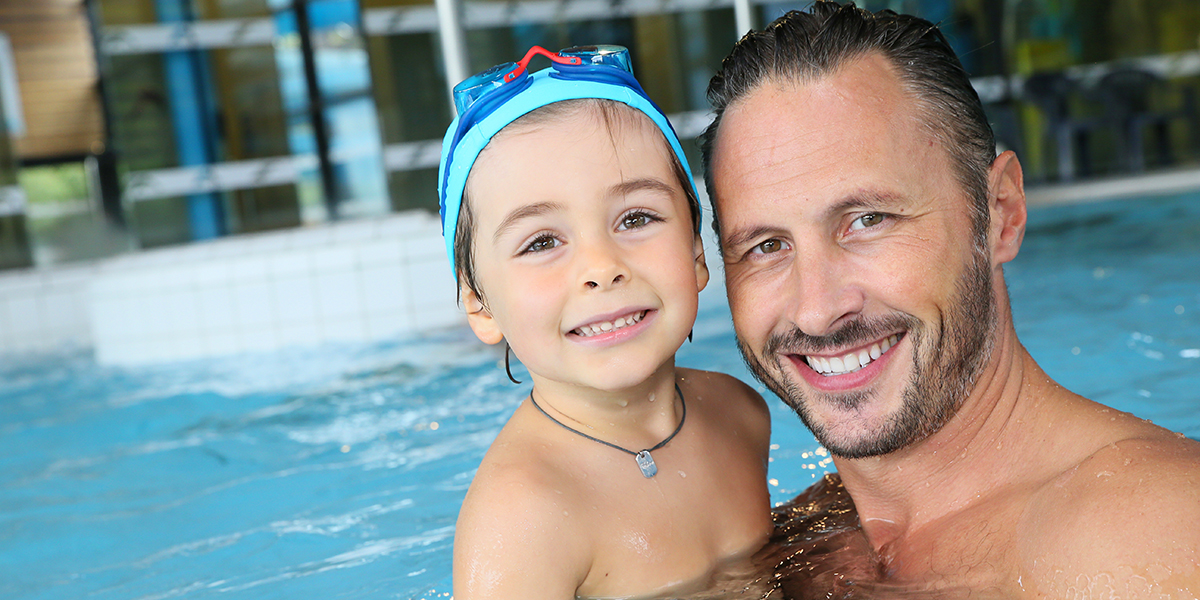 Public swimming pools are a great place to learn swimming and water safety skills and enjoy the water in a controlled environment. However, every year people of all ages, backgrounds and swimming abilities do drown in public pools.
Public swimming pools are a great place to learn swimming and water safety skills and enjoy the water in a controlled environment. However, every year people of all ages, backgrounds and swimming abilities do drown in public pools.
Risk factors for drowning in public swimming pools include lack of supervision for children, pre-existing medical conditions, alcohol consumption and drug (medication) use.
Public pools have lifeguards to help you, and keep you and your family safe. They are trained in first aid and CPR skills. It is important you follow their instructions.
Children
It is important to note that lifeguards cannot watch your children for you. You still need to supervise children at all times while at the pool. This means focusing all your attention on your children all of the time, when they are in, on or around the water. Therefore, you should be in the pool with them, or within arm’s reach to help them.
Parents should
- Watch your own child/children
- Know that lifeguards are there to watch everyone in the pool and cannot watch your child – they are not babysitters
- Be aware that other adults are not watching your children
- Remember that they responsible for the safety of their own child
Other pool patrons
Adults visiting public pools also need to be aware of certain safety considerations. For example, if you have pre-existing medical conditions or physical limitations, make sure you consult your doctor before you jump into swimming and understand the possibility of any adverse reactions to medications you might be taking. Make sure you tell the lifeguards on duty about specific medical conditions such as epilepsy, or ask them if you need help getting into or out of the pool; also tell them if you are a non-swimmer.
All pool patrons should follow the safety rules displayed around the pool area, and follow the directions issued by lifeguards and staff. It is important that anyone visiting a public pool learns how to swim as well as water safety skills.
